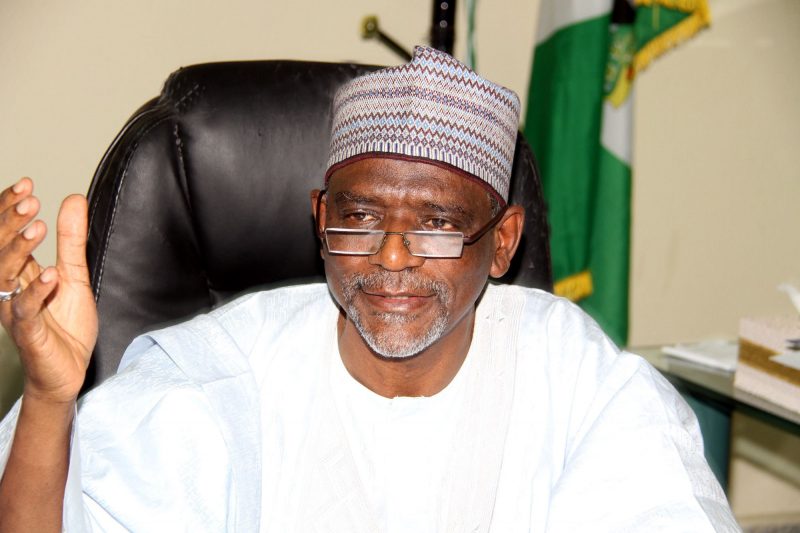Nigeria is one of the most linguistically diverse countries in the world with about 500 languages and English as the official language. Out of the existing languages in the nation, Hausa, Igbo and Yoruba are the most popular.
The authorisation of the use of the mother tongue in elementary schools across the nation is a setback to the already disintegrating education sector in the country. Though English is the official language, many Nigerians are still battling with poor grammar and communication techniques.
Many Nigerians including pupils, students and even graduates can’t write or speak good English despite the training they have received from the elementary level to the university level.
The already existing protocol and policies for instructing pupils using the English language are very sacrosanct; they assist the pupils and students to acquire good communication skills.
Employee charged with theft of cutting machine
Appeal Court nullifies sale of Intercontinental Hotel
Though the government resurrected the policy in its quest to preserve culture, the national heritage and their characteristics, it is not good enough to adopt such a policy in a multifaceted nation like Nigeria with regional, religious and cultural differences.
Since Nigeria is multi-ethnic and multi-religious, the English language should be maintained in our schools as a medium of instruction.
I urge the government to drop such an undeveloped policy as it would do more harm to the education sector than good.
Jemimah Othniel Wakili wrote from the Department of Mass Communication, University of Maiduguri

 Join Daily Trust WhatsApp Community For Quick Access To News and Happenings Around You.
Join Daily Trust WhatsApp Community For Quick Access To News and Happenings Around You.


